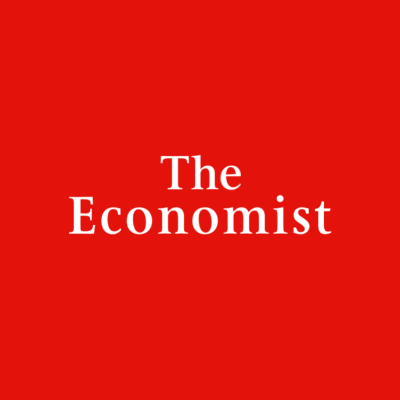 The Economist Article Rating
The Economist Article Rating"Homeland economics" will make the world poorer
- Bias Rating
- Reliability
25% ReliableLimited
- Policy Leaning
40% Somewhat Right
- Politician Portrayal
-27% Negative
Continue For Free
Create your free account to see the in-depth bias analytics and more.
By creating an account, you agree to our Terms and Privacy Policy, and subscribe to email updates.
Bias Score Analysis
The A.I. bias rating includes policy and politician portrayal leanings based on the author’s tone found in the article using machine learning. Bias scores are on a scale of -100% to 100% with higher negative scores being more liberal and higher positive scores being more conservative, and 0% being neutral.
Sentiments
N/A
- Liberal
- Conservative
| Sentence | Sentiment | Bias |
|---|---|---|
Unlock this feature by upgrading to the Pro plan. | ||
Reliability Score Analysis
Policy Leaning Analysis
Politician Portrayal Analysis
Bias Meter
Extremely
Liberal
Very
Liberal
Moderately
Liberal
Somewhat Liberal
Center
Somewhat Conservative
Moderately
Conservative
Very
Conservative
Extremely
Conservative
-100%
Liberal
100%
Conservative

Contributing sentiments towards policy:
62% : The firm says that production at its first plant in Arizona will be delayed until 2025 due to a shortage of specialist workers.61% : Governments believe so, and are quick to point out perceived successes.
54% : Governments are also finding that their promises of money today create expectations of more money tomorrow.
48% : Governments also want to incentivise production of rare earths, batteries and solar panels.
48% : "Attempts to create competitive advantage through government direction and support were generally unsuccessful," Geoffrey Owen of the London School of Economics argues in a review of post-war European industrial policy.
47% : The gleaming factory has workers from all walks of life, from young black women to grizzled Trump voters.
46% : Mr Chauhan and his co-authors, discussing India, "cannot reject the possibility that [the scheme] is an enormous and possibly misdirected transfer of public resources to large domestic and foreign firms".
45% : In a new paper Nathan Lane of Oxford University studies the impact of South Korea's seminal industrial push -- the Heavy Chemical and Industry () drive of 1973-79, in which the government introduced policies including cheap credit to boost production and exports.
30% : As in the 1990s, government attempts to boost their chip industries are running into trouble.
*Our bias meter rating uses data science including sentiment analysis, machine learning and our proprietary algorithm for determining biases in news articles. Bias scores are on a scale of -100% to 100% with higher negative scores being more liberal and higher positive scores being more conservative, and 0% being neutral. The rating is an independent analysis and is not affiliated nor sponsored by the news source or any other organization.























